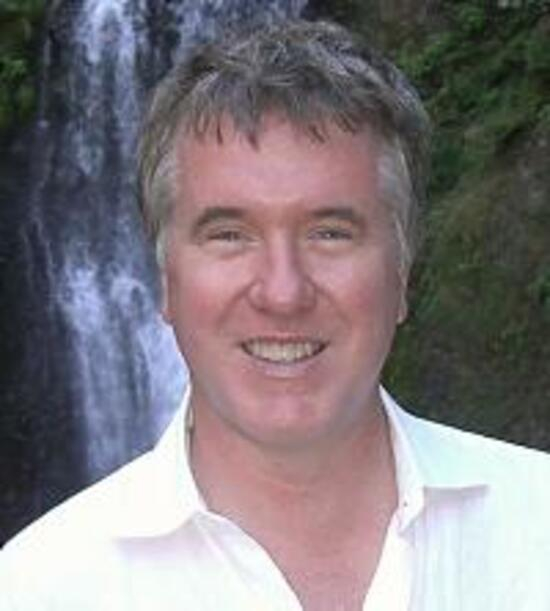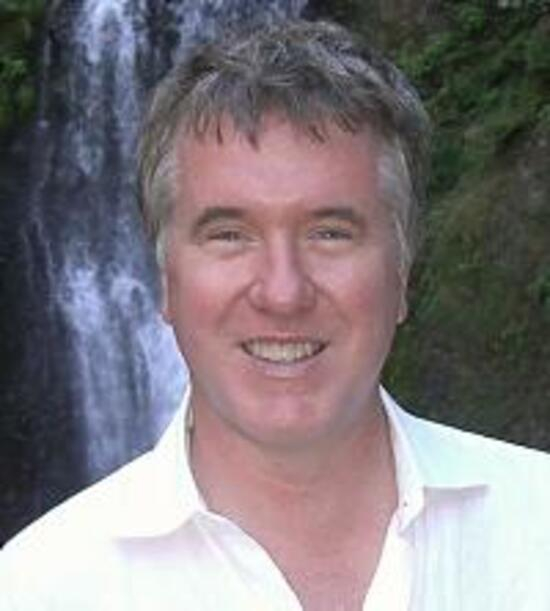

Professor Michael Anderson (MRC Cognition and Brain Sciences Unit, Cambridge)
Title: Brain Mechanisms Underling the Inhibitory Control of Thought
Date and time: October 28, 13:00
Location: Conference Room #1 (CIMCYC)
Abstract: Controlling action and thought requires the capacity to stop mental processes. Over the last two decades, evidence has grown that a domain-general inhibitory control mechanism supported by the right lateral prefrontal cortex achieves these functions. However, current views of the neural mechanisms of inhibitory control derive largely from research into the stopping of action. Whereas action stopping is a convenient empirical model, it does not invoke thought inhibition and cannot identify its unique features. I will review research using a different model of inhibitory control that addresses how organisms stop a key process driving thoughts: memory retrieval. Retrieval stopping shares right anterior dorsolateral and ventrolateral prefrontal mechanisms with action stopping, consistent with a domain general inhibitory control mechanism; however, retrieval stopping also recruits a distinct fronto-temporal pathway that determines mental control's success. For example, GABAergic inhibitory networks within the hippocampus, driven polysynaptically by prefrontal input uniquely contribute to thought suppression. These unique elements of mental control raise the hypothesis that hippocampal disinhibition is a transdiagnostic factor underlying intrusive thinking, linking the proposed fronto-temporal inhibitory control pathway to preclinical models of psychiatric disorders and to fear extinction. We suggest that transdiagnostic retrieval-stopping deficits underpin broad vulnerability to psychiatric disorders and are reflected in robust aberrations in large-scale brain network dynamics.